By Nelson Chukwudi
In Andoni, a new road is emerging from the swamps, cutting through mangroves and waterways, stretching steadily toward the Atlantic Ocean. The 13.52-kilometer Ngo–Atlantic–Oyorokoto Road is far more than an engineering project; it is a bold declaration of purpose. It tells the story of a people long isolated by geography, and a government now determined to connect them to opportunity.
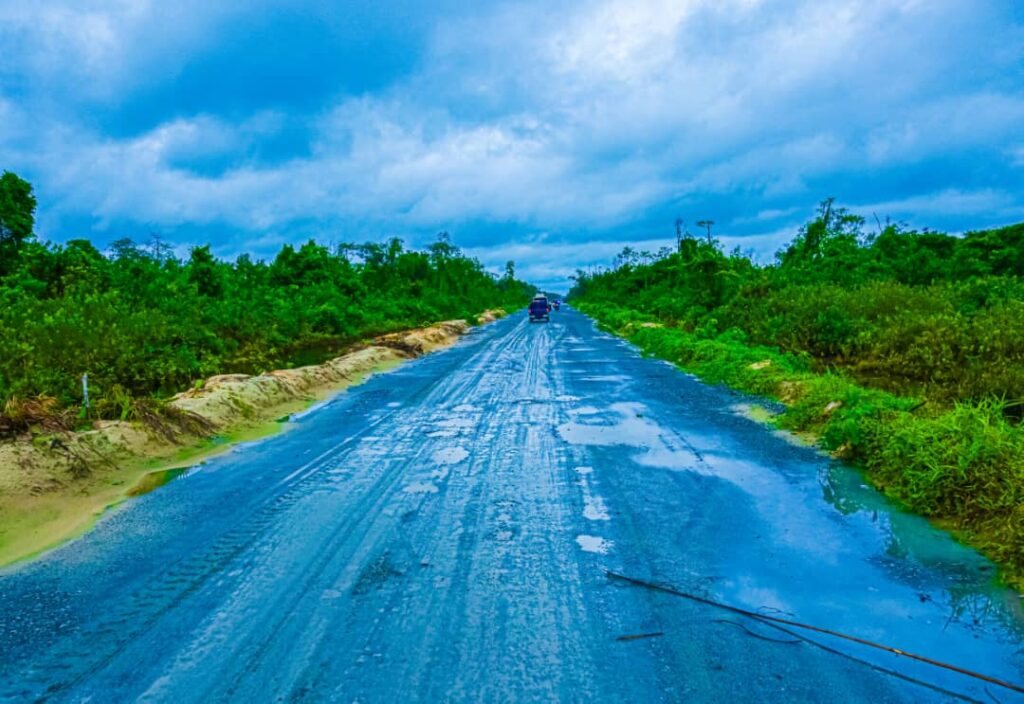
The stretch of the Ngo-Atlantic axis of the Ngo-Atlantic-Oyorokoto Road in Andoni Local Government Area during an inspection visit to the project site on Tuesday, October 28, 2025.
This road is not just a physical link between communities. It is a symbol of resilience, vision, and leadership that refuses to be defined by obstacles. Where others saw impenetrable swamps, creeks and restless tides, Governor Siminalayi Fubara saw a canvas for renewal and growth.
On Tuesday, October 28, 2025, the Governor led from the front, personally inspecting the Ngo-Atlantic-Oyorokoto Road project site. His boots sank slightly into the freshly graded earth before stepping onto sandy patches closer to the Atlantic shoreline. He walked quietly but with purpose, embodying his conviction that leadership is about action, not rhetoric.
Journalists, residents, and construction workers followed closely as he surveyed the site. Standing beneath the open evening sky with the salty Atlantic breeze sweeping across the wetlands, Governor Fubara declared, “This is a virgin road, 13.52 kilometers of a new pathway to the blue economy.” His words carried the weight of commitment, echoing a vision already taking physical form.
The terrain here is harsh and unyielding. Thick mangrove forests, deep swamps, and shifting tidal channels have long discouraged development. Yet, under Governor Fubara’s leadership, this difficult landscape is being conquered through engineering innovation, steady funding, and unwavering political will.
Originally, the Ngo–Oyorokoto Road was conceived as a single access route to the famous Oyorokoto Beach, one of Nigeria’s most celebrated coastal destinations. But destiny had other plans. During preliminary works, Governor Fubara drew the attention of engineers and surveyors to a newly discovered, untouched Atlantic-facing beachfront, a pristine expanse of white sand and deep blue waters that revealed enormous potential for tourism, trade, and marine exploration.
Recognising the significance of this discovery, the Governor immediately approved an expanded project scope to open up this new frontier for development. “We will not limit progress to a single beach,” he said. “This new Atlantic-facing front will be developed as part of our blue economy vision.” That decision transformed the project from a local access road into a state-defining infrastructure initiative.
Every meter of the Ngo–Atlantic–Oyorokoto Road now tells a story of determination and transformation. The mangroves, the swampy creeks, and the ever-shifting Atlantic tides are being subdued by vision, planning, and relentless execution. Beyond asphalt and concrete, the road represents hope, a gateway to a more prosperous coastal future.
Andoni’s coastal identity runs deep. It is home to a proud fishing tradition, the vast Ikuru Atlantic Beach, and the legendary Oyorokoto settlement, often described as West Africa’s largest fishing community. For generations, fishing has sustained the people here, but development has been slow. High costs of fishing gear, poor access routes, and the lack of modern facilities, among others, have long limited their full economic potential.
Now, that story is beginning to change. When completed, the Ngo–Atlantic–Oyorokoto Road will usher in a new era for the region’s fishing industry, aquaculture ventures, and marine tourism. Improved access will reduce costs, expand markets, and attract new investors. The Atlantic coastline holds vast opportunities for eco-tourism, recreation, and maritime trade. With strategic port and shipping development, Andoni could emerge as another vital node in Rivers State’s expanding logistics and trade network.
Oyorokoto, the fishing capital of the region, stands to benefit the most. A 2016 study estimated 2,572 active fishermen in the settlement, engaged mainly in artisanal fishing. They harvest a rich variety of seafood, from fish and crabs to shrimps, oysters, and sea snails, sustaining both local consumption and commercial trade.
Scientific data reinforces this productivity. A 2016 study on Black Tiger Shrimp recruitment in the Andoni estuaries recorded about 350 artisanal shrimp fishers, with peak catch rates reaching 78.11 kilograms per person per hour in September. Another study conducted in 2019 near the Bonny Estuary found that 57.7 per cent of fin fish were caught during the dry season, and 42.3 per cent in the wet season, totalling 4,800 individual fish.
Between 1999 and 2000, researchers identified 63 species of fish caught by artisanal fishers in the Andoni River system, with Tilapia guinensis accounting for four per cent of the total. A 2022 study revealed that fish marketing in Andoni was profitable, with vendors earning an average monthly profit of ₦623,386.67. The Food and Agriculture Organisation (FAO) reported over 250 canoes operating in Oyorokoto by 2016, while a 2023 survey found that most male residents aged 41 to 50 were engaged in artisanal fishing, earning a gross margin of about ₦112,092 per month.
Despite this strong foundation, challenges have persisted. Inadequate infrastructure, limited access to capital, and poor storage facilities have long constrained the potential of Andoni’s fisheries. For years, community leaders lamented government neglect, calling for investment in roads, jetties, and cold storage facilities. Governor Fubara’s administration has listened, and acted.
The Ngo–Atlantic–Oyorokoto Road is not just a response to years of neglect; it is a deliberate strategy to open Andoni to the wider world. By linking fishing settlements directly to markets and ports, the road will reduce post-harvest losses, lower transportation costs, and create a more efficient value chain for the fishing industry. It will also stimulate tourism and hospitality opportunities, including cruises, water sports, and coastal resorts. Supporting sectors such as accommodation, transport, logistics, recreation, and local cuisine are expected to flourish as the area opens up to visitors and smart businesses.
One remarkable trait of Governor Fubara’s administration is its refusal to be deterred by difficult terrain. What many once described as impossible has become achievable under his leadership. The completion of the Andoni section of the Ogoni–Andoni–Opobo Unity Road stands as proof. That 27.52-kilometer link, featuring three major bridges, was first initiated under Dr. Peter Odili decades ago but was completed only in 2024 by Governor Fubara. Its delivery finally gave Andoni communities road access to the rest of the state.
The Ngo–Atlantic–Oyorokoto Road builds on that legacy. It carries the same spirit of persistence and transformation. Like the Unity Road, it will not only connect places but also unite people, bridging history and progress, and linking traditional fishing villages to the modern economy they are now poised to enter and relish.
This vision aligns with other major infrastructure projects across the state, notably the Trans-Kalabari Road, which, as of October 27, 2025, had achieved 75 per cent completion in piling works. Together, these projects are weaving a network of connectivity that binds riverine and coastal communities into one thriving economic fabric.
As night falls over the swamps and creeks of Andoni, the Ngo–Atlantic–Oyorokoto Road gleams under floodlights, a silver ribbon cutting through the darkness. To onlookers, it represents more than construction; it is a living symbol of progress, proof that even the most challenging landscapes can yield to determined leadership.
For Governor Fubara, infrastructure is not merely about concrete and steel, it is about people. Roads, he often says, are lifelines that deliver hope, awaken trade, and reconnect forgotten communities to the heartbeat of the state. Every project, in his view, must have a human face and a lasting economic impact.
For the people of Andoni, this road means everything. It is a bridge to prosperity, a path to opportunity, and a guarantee that they will no longer be left behind. It promises to attract tourists, energise local businesses, and improve access to schools, healthcare, and essential services.
Ultimately, the Ngo–Atlantic–Oyorokoto Road sends a clear message beyond Andoni’s borders: Rivers State will not be constrained by geography or history. With vision, courage, and persistence, even the most remote corners can be transformed into engines of prosperity. It reflects a government determined to translate potential into progress and resources into results.
As the Governor’s convoy departed that October 28 evening, the Atlantic waves whispered promises of renewal. The air carried the scent of salt and hope. In the distance, construction lights flickered across the wetlands, marking a future being built one metre at a time. The Ngo–Atlantic–Oyorokoto Road now stands as a monument to bold leadership, resilience, and foresight, a road laid not just on earth and asphalt, but on vision, courage, and the unwavering belief that progress is possible against all odds.
This, indeed, is a dream come true for the present generation! And generations yet unborn will in decades to come remember the driver who brought this vision to manifest reality: a simple but courageous and foresighted leader from neighbouring Opobo, Governor Siminalayi Fubara.
Chukwudi is the Chief Press Secretary to the Rivers State Governor, and writes from Government House, Port Harcourt.


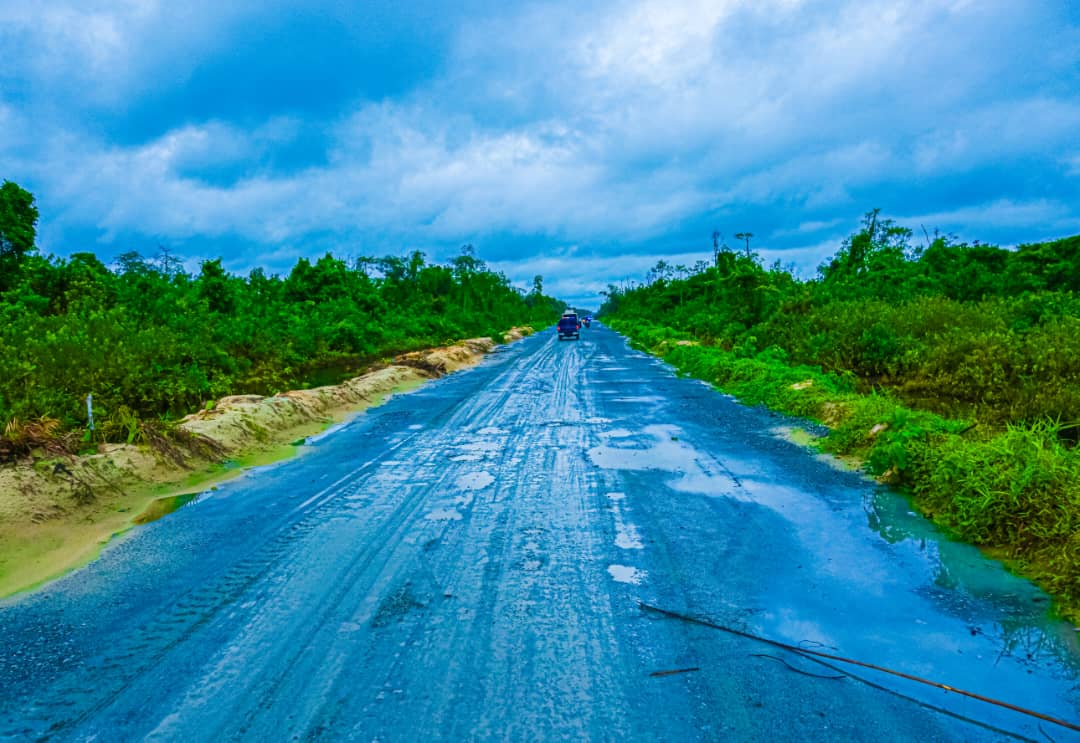

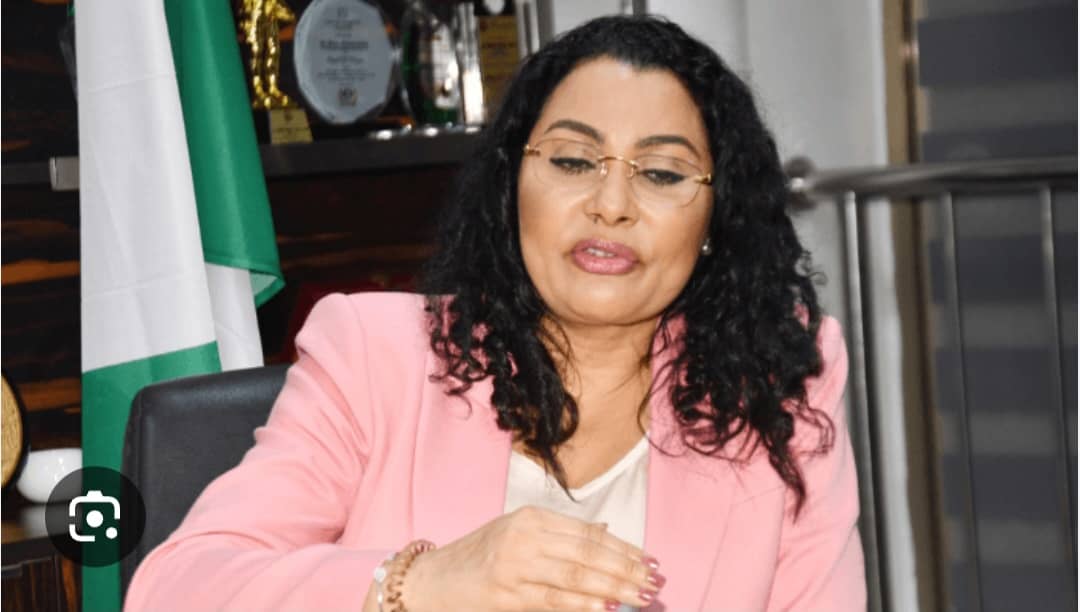


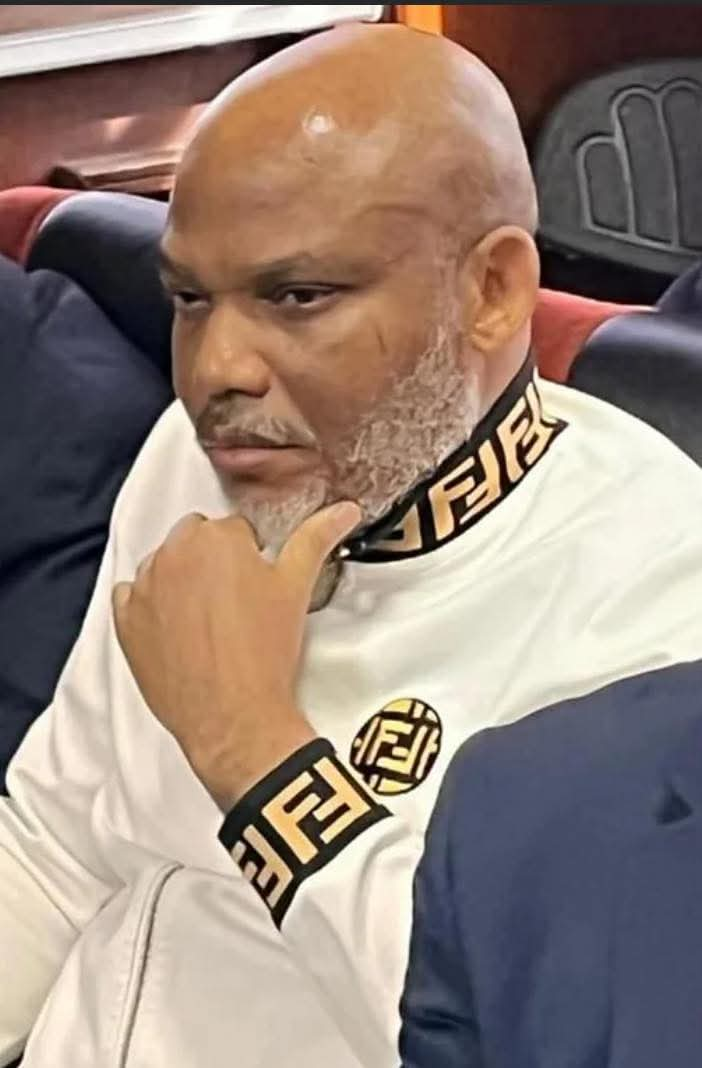

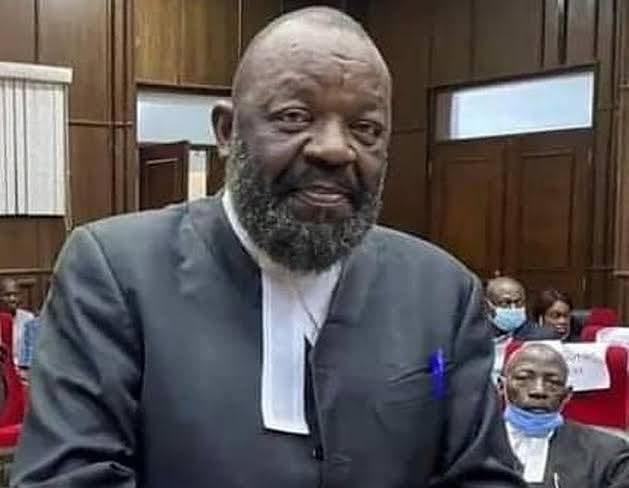




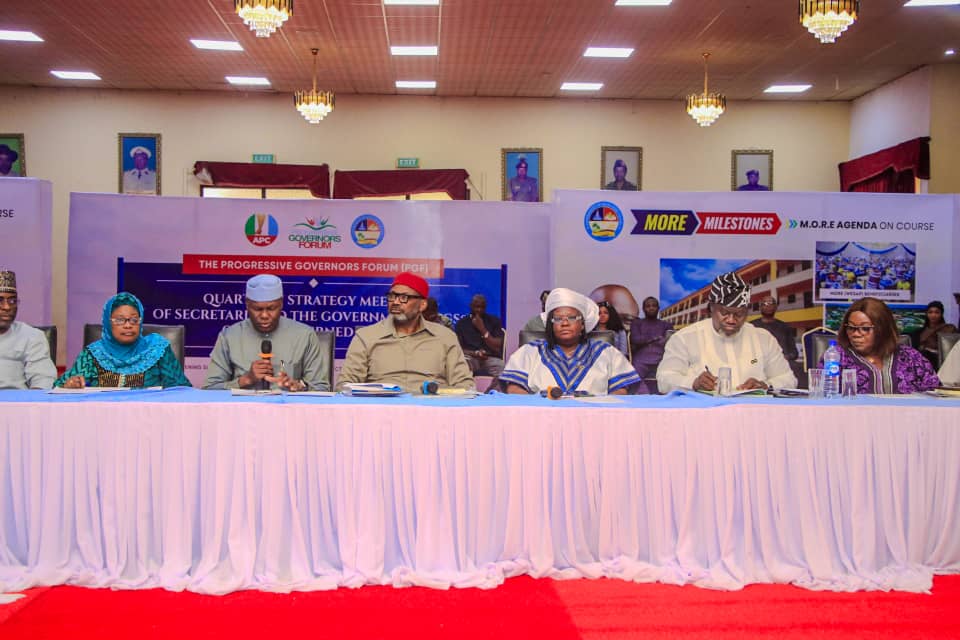
Leave a Reply